The TSA Program
‘Over the years,’ Doc says, ‘the industry became so much more complicated as opposed to when I was growing up and everything was mechanical. Now everything is electronic. Just to adjust an oil burner you need special tools that weren’t required before. I always considered myself pretty mechanically adept, but today, you need to understand computers, electronics, and so much more.
‘As a result, it became obvious to us that we needed to train our customers better. To do that we needed our own highly-skilled trainer personnel.’
This group of people came to be known as R.E. Michel’s Technical Service Advisors (TSAs). They are mostly focused on training the company’s contractor customers as well as helping them troubleshoot issues in the field.

In fact, according to Chad McAllister, director of sales for the company, TSAs must know everything about HVAC including oil, gas, Hydronics, air conditioning, geothermal, heat pumps, mini-splits. ‘They need to understand those technologies because that is what our contractor customers run into in the field every single day,’ he adds.
This is a huge investment on behalf of their contractor customers. Besides investing in training TSAs with many manufacturers, they also invest in sending them to wherever the customer needs them. ‘Not many other distributors do anything like this,’ McAllister says.
Today R.E. Michel employs 19 TSAs who travel around the country helping contractors. According to Doc, they are like superheroes ‘ besides being highly technically qualified, they also must be very customer-oriented.
He likens them to the Swiss Army knives of HVAC. They will bring contractors into Glen Burnie’s training room, as well as other company facilities around the country, where contractors can physically work on a variety of functioning boilers, furnaces, and condensing units.
McAllister adds that TSAs have one of the toughest jobs in the company.
Bobby Michel, Doc’s son and president of the company, says that it’s important to remember that TSAs are not there to do the work for contractors. ‘They are advisors who are there to help contractors troubleshoot issues. They do not work on equipment,’ he says.
Click below for the next page:



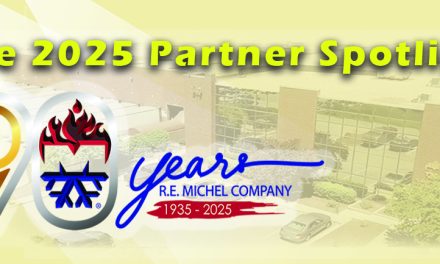
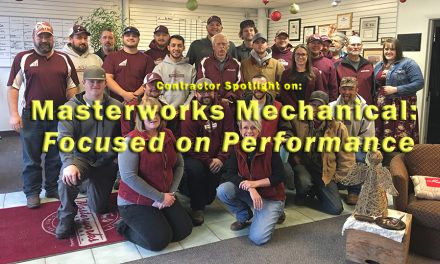
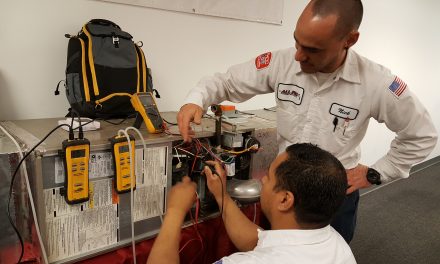

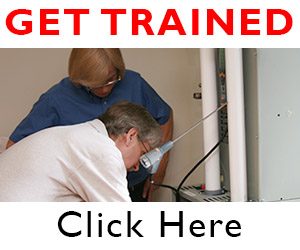




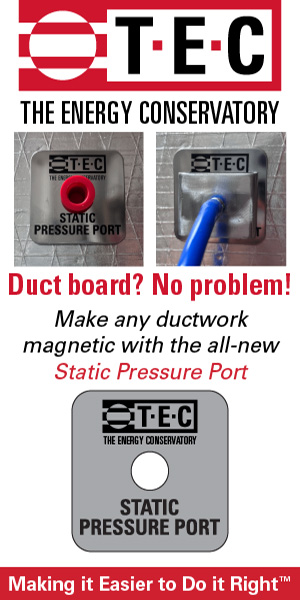
Recent Comments